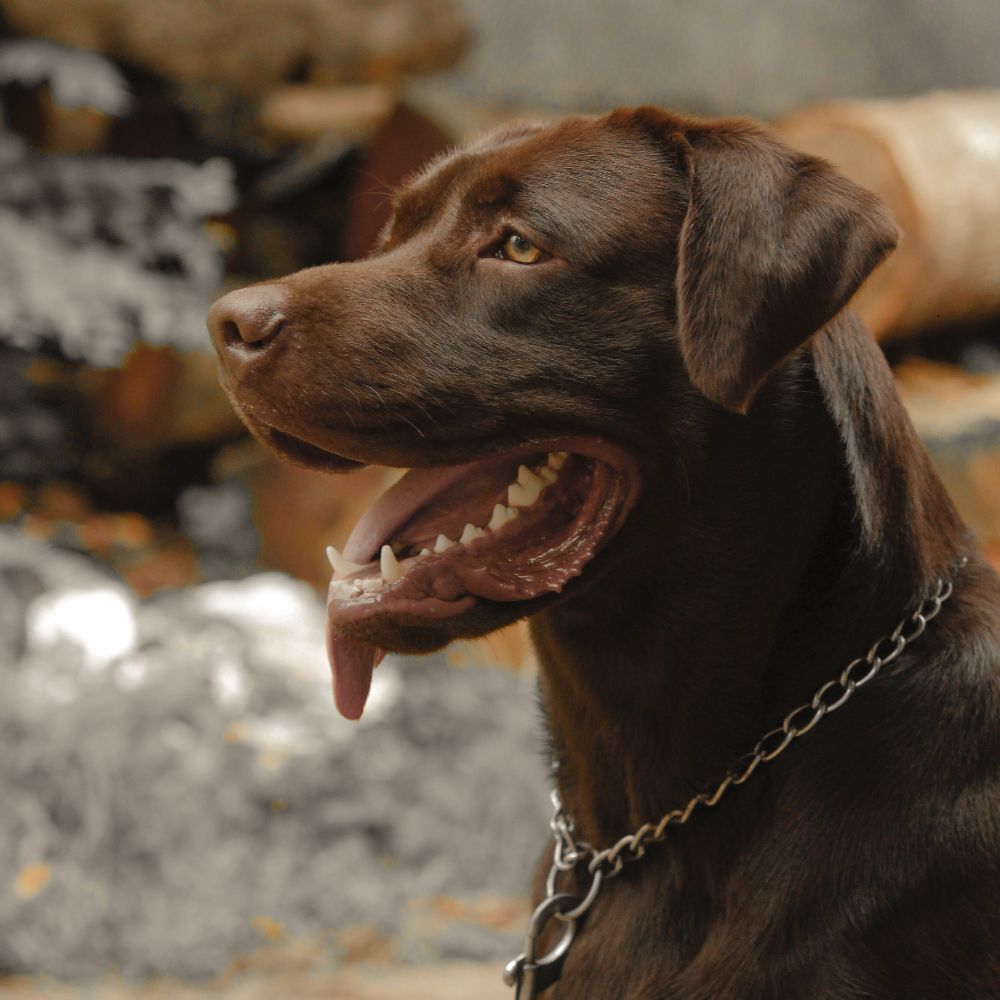KEEPING A LARGE DOG
HOW DO I CHOOSE THE RIGHT DOG?
Having a dog is a long-term commitment, so it is important to think carefully about what kind of dog you choose in order to provide the best possible home for your pet. Research the different dog breeds and choose a breed that meets the criteria that are important to you. Study the characteristics of each breed and weigh the various advantages and disadvantages. The following aspects can help you decide:
⦁ The primary aspect of choosing a dog is lifestyle. Think about how much time you can devote to your dog, how active you are and what kind of environment you live in. For example, a large dog is comfortable in a wide area, while a small dog can be happy in the apartment.
⦁ The size of the dog greatly affects the costs incurred during dog ownership, the lifestyle, and the equipment you need. Bigger dogs need more space, bigger food and more attention.
⦁ Think about the activity level you want with your dog. If you live an active life and enjoy walking, running or cycling, then an energetic breed is recommended.
⦁ Dogs are social animals and need human contact. However, there are some breeds that have more social needs than others. It's good to keep these in mind when choosing the right type for us.
⦁ It is important to take health into account and focus on breeds that are less prone to health problems. Ask your veterinarian for advice and ensure regular veterinary examinations are carried out on time.
⦁ The age of the dog affects the time and money spent on care. An older dog often has more health issues and may require more attention and time than a young dog.
⦁ It is also important to consider the inherited qualities of the dog breed, such as instincts, temperament, intelligence and ease of learning.
⦁ Keeping a dog involves many costs, so it is important to plan your finances in advance. Before choosing a dog, consider whether you can afford the costs associated with owning a dog, such as vet fees, food, equipment and vaccinations.
All in all, owning a dog is a big responsibility, so it is important to think carefully about which breed suits your personal needs, lifestyle and possibilities. If you take the mentioned aspects into account, you will have a better chance of finding the perfect dog and of building a happy, long-term relationship with him.
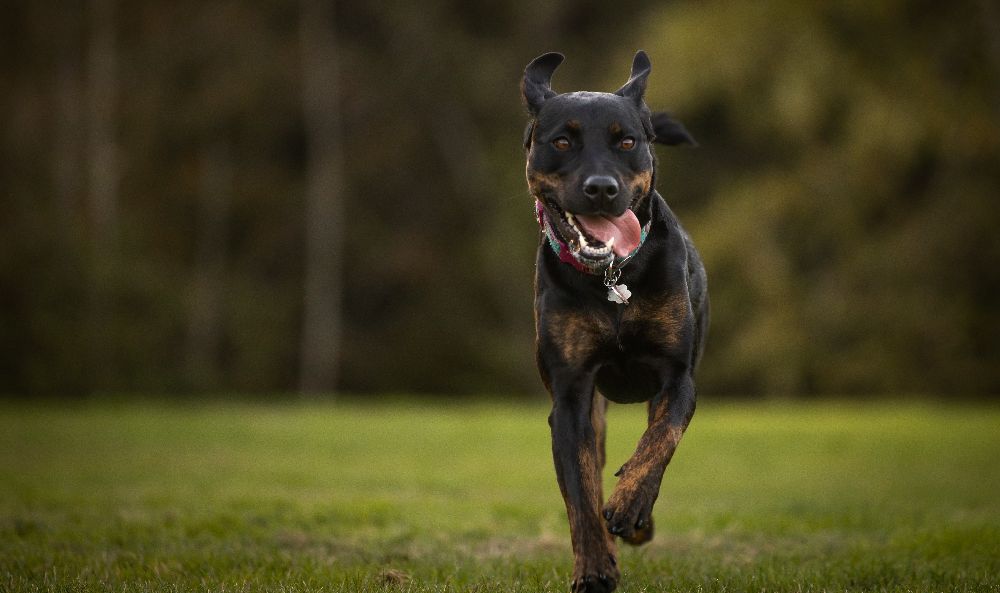
A NEW FAMILY MEMBER COMES TO THE HOUSE
When you bring a puppy home, the first few weeks can be a critical period as the dog adjusts to its new home and family. It is important to prepare in advance for the following:
⦁ Safe environment: The dog's new environment must be safe. Check that there are no things in your home that could pose a danger to the puppy. Hide electrical cables, remove poisonous plants and small parts that can be swallowed.
⦁ First Aid Kit: Prepare a first aid kit with essentials such as bandages, disinfectant sprays, or other dog first aid supplies.
⦁ His needs: Make sure your puppy gets all his needs. It is important to have a sufficient amount of fresh water, dog food, toys, and a comfortable, clean bed. Special attention should be paid to the diet of puppies so that they receive adequate nutrients.
⦁ Attention: Your puppy can be very sensitive to his new environment and new people in the first few weeks. Give him enough time to adjust to his new home. Don't leave him alone for too long and pay attention to his behavior to prevent potential problems and to intervene in time if necessary.
⦁ Education and upbringing: In the first months, it is important that your puppy receives proper education and upbringing. Rely on an experienced veterinarian or dog trainer who can help you properly raise and socialize your puppy. Basic obedience training and socialization exercises should be started in the first days.
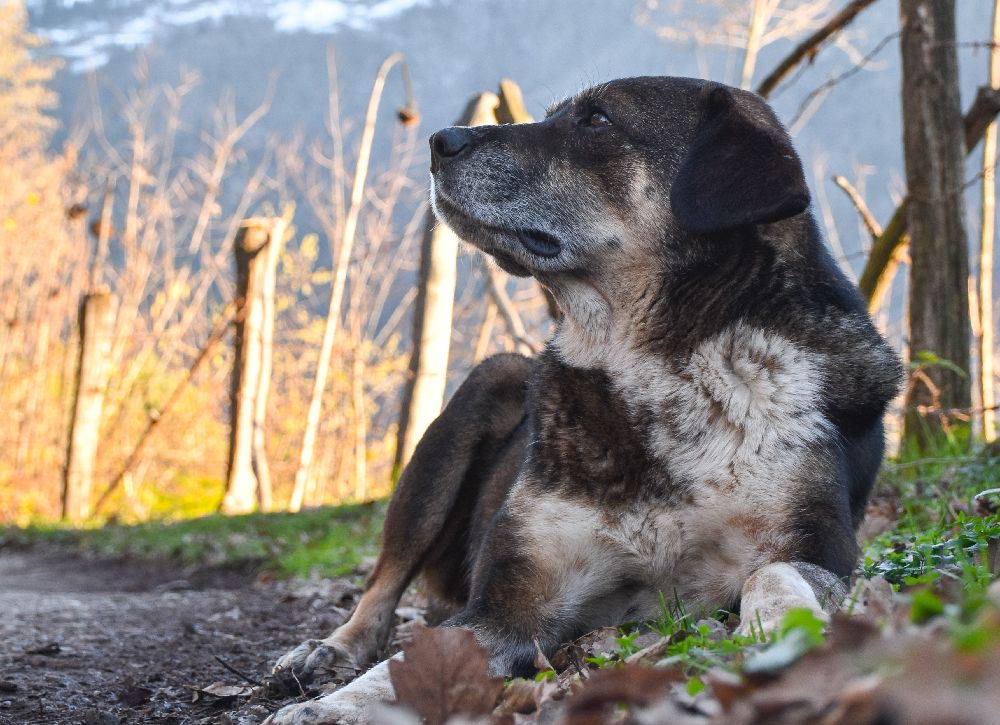
CHARACTERISTICS OF LARGE DOGS:
Large dogs can usually weigh between 25-45 kg and are larger than medium and small breeds. They are very massive in terms of structure. There are large dog breeds that can be even heavier than this. For example, the German Shepherd weighs between 30-40 kilograms on average, while the St. Bernard can weigh up to 50-60 kilograms. However, it is important to note that the average weight is only indicative and is not the same for all dog breeds. The weight of each breed depends largely on the individual's age, gender, activity level, health status and other factors.
They have broad shoulders, strong limbs and usually a larger head than smaller dogs.
These dogs are very energetic and active and require more space than smaller dogs.
They often need more food and water and may be more prone to being overweight, so it is important to pay attention to their diet and check their weight regularly. This is also important because an overweight dog may have joint and bone problems, as their heavy weight places a greater burden on their body.
It is worth checking their gums and teeth from time to time, because gum diseases and dental problems that affect them can be very painful.
Large dogs need outdoor exercise and feel best in homes with a garden or larger area where they can run freely. Many large dogs also enjoy walks, runs and longer hikes. Since these animals require a lot of space, it is not recommended for those who live in a small apartment or a small area.
Large dogs are usually good-natured and friendly, but the time and energy required to train them is greater than in the case of smaller dogs. Early socialization and puppy training are extremely important so that the dog behaves well with other dogs and people alike. Because they are big and strong, proper obedience training and leadership are also important so that the dog is not dangerous.
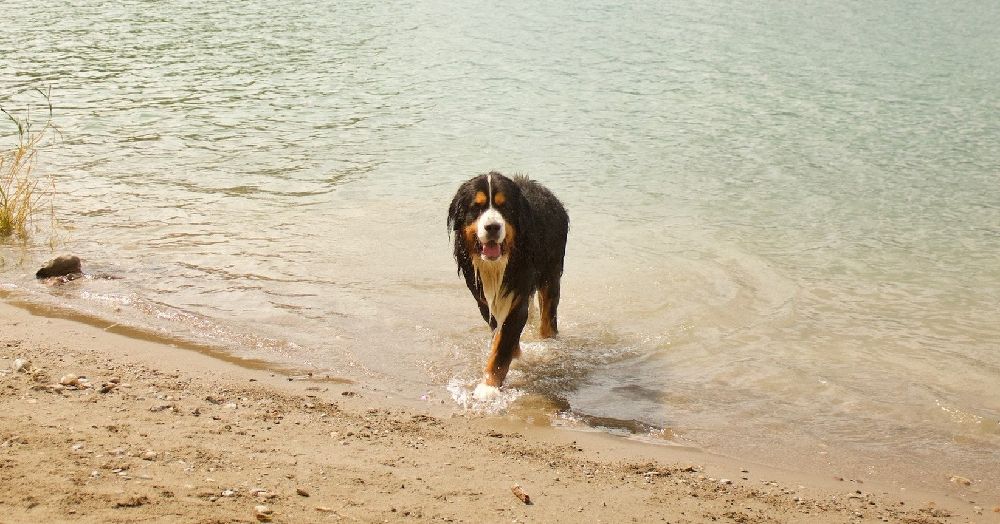
ADVANTAGES OF LARGE DOGS:
Keeping large dogs can have many advantages, below are some reasons why you might want to keep a large dog:
⦁ Great companions: Large dogs are generally friendly, good-natured and loyal to their families. They can be great companions who love to spend time with their family members.
⦁ They provide security: Large dogs usually have a very distinct appearance and can attract people's attention with their considerable size. The presence of large dogs alone can deter crime and break-ins and help keep your home and family safe.
⦁ Suitable for sports: Large dogs are generally strong and durable, and many breeds are suitable for sports, which can help you stay active. So if you like an active lifestyle or want to change your lifestyle and therefore include exercise in your life, and you are looking for a dog that enjoys exercise and sports with you, large dogs may be ideal for you.
⦁ Great protectors: Large dogs tend to have protective instincts and look out for their families. If you are looking for a dog that has a deterrent effect and can help protect your home, then large dogs can be a good choice.
⦁ They are highly trainable: Although raising and training large dogs can be time-consuming, they are generally good learners and enjoy learning new things. If you want your dog to be obedient and want to learn with him, large dogs can be a great choice.
KEEPING A LARGE DOG
If you want to keep a large dog, it is important to consider a few things so that your pet feels comfortable in your home. Below are some tips to help you successfully keep a large dog:
⦁ Exercise and activity: As we wrote earlier, large dogs need more exercise than their smaller counterparts, so it is important to walk them for at least an hour a day and provide them with the right amount of exercise. Take him for longer walks regularly, or go running, cycling, swimming or other activities with him.
⦁ Nutrition: Large dogs require a larger amount of food than smaller dogs, so it is important that their diet is properly composed. Your dog should receive high-quality food that is high in protein and fat and contains the right amount of vitamins and minerals. You can also consult your veterinarian about his diet.
⦁ Socialization: Large dogs are important for socialization. This means that the dog must be used to different situations, people and animals. Keep him in regular contact with other dogs and people and help him learn how to behave in different situations.
⦁ Education: Large dogs are usually intelligent, but often independent, so it is important to educate them patiently and consistently. Thoroughly teach the most important commands and reward them when they perform them correctly.
⦁ Health: Large dogs may be more prone to certain health problems than smaller dogs. It is important to have them regularly checked by the veterinarian in order to prevent or detect problems in time. The veterinarian can also recommend the appropriate vaccinations and the use of veterinary products.
⦁ Suitable conditions: It is important for large dogs to provide suitable conditions in their home. Their home should be large enough to accommodate them comfortably and have the right amount of space to move around. It is ideal for them if they can live in a yard where they can move freely. It is important to provide them with a comfortable bed where they can relax and be away from noisy or excessively busy places.
⦁ Caution: Large dogs are usually very affectionate and loving, but some may have behavioral or health problems. Pay attention to your dog and be sensitive to behavioral and health changes. If you notice this, see a veterinarian.
⦁ Time: Large dogs generally live longer than smaller dogs, so it is important to be able to devote time to your dog and take care of it throughout its life. Have enough patience and time to play with him, walk him and train him.
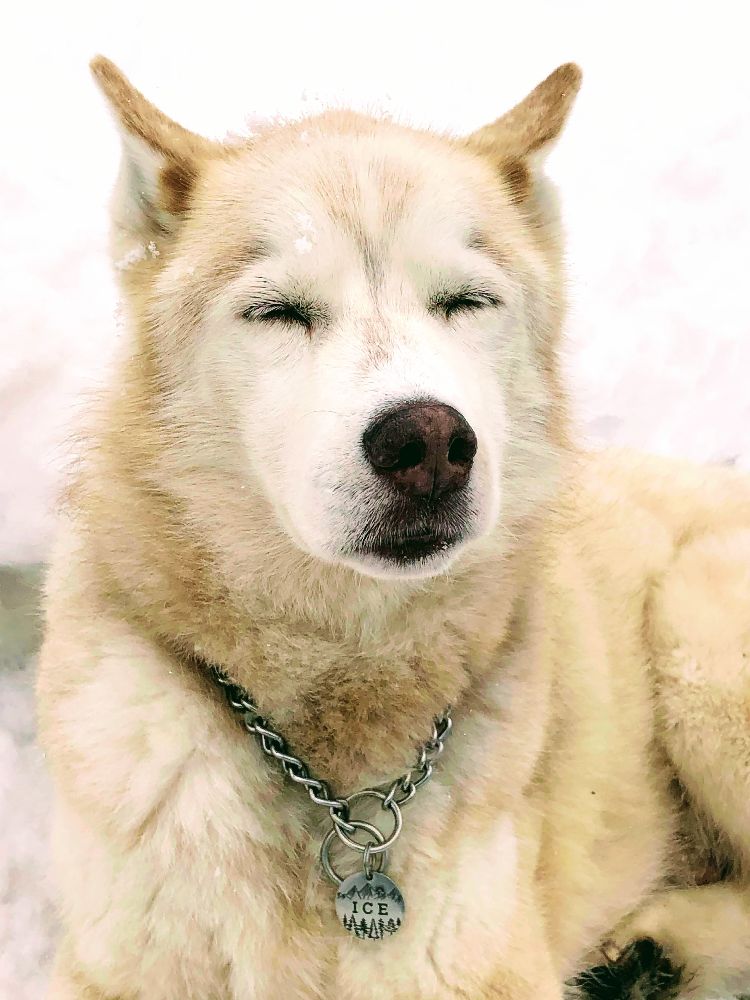
Following these tips and taking proper care of your large dog will ensure that your dog is healthy, happy and brings you lots of joy.
.png)
